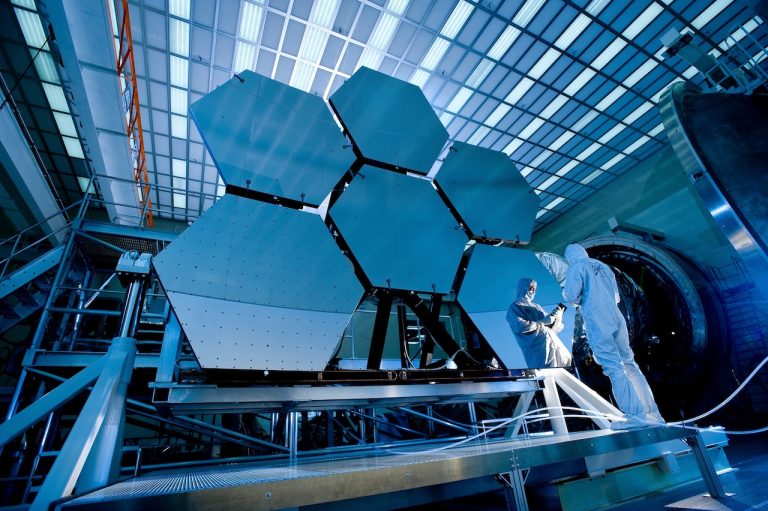Manufacturing facilities provide essential products and components that power many industries. While the work can be demanding, jobs in manufacturing also offer competitive pay, opportunities for growth, and job security. If you’re considering a career in manufacturing, here’s what you need to know about the work conditions, benefits, and factors to consider before applying.
Benefits of Working in a Manufacturing Facility
Competitive Pay and Benefits
Manufacturing jobs typically provide higher-than-average pay and benefits like health insurance, paid time off, retirement plans, and more. Of course, the higher you go up the career ladder, the better they’ll get, but generally, the industry is known for its employee benefits.
Opportunities for Career Growth and Advancement
There are many opportunities for promotions, raises, and career progression within manufacturing companies. Workers can advance to supervisory and management roles over time.
Job Security and Stability
Manufacturing careers provide steady work and less volatility. There is an ongoing demand for skilled workers and tradespeople in these facilities. Of course, as technology develops, some jobs become redundant over time to improve efficiency but bigger jobs to understand the improved technology also rise!
Skills Development and Training Programs
Manufacturers frequently provide paid on-the-job training, apprenticeships, and tuition reimbursement programs to help workers develop new skills.
Exposure to Cutting-Edge Technology
Manufacturing workers get to work hands-on with advanced equipment, robotics, and production processes at the forefront of innovation. This valuable experience translates across companies and fields and is also greatly responsible for high job satisfaction in the industry.
What are the Working Conditions at Manufacturing Facilities?
Physical Demands of the Job
Many manufacturing roles require extended standing, walking, climbing stairs, and lifting heavy materials or equipment, which can be physically taxing. Safety gear like steel-toed boots, earplugs, hard hats, and work gloves are often required. You mustn’t worry too much because proper training is provided before you begin working in any automotive testing center.
Safety Regulations and Protocols
Strict health and safety standards are enforced to prevent injury or illness. Workers must follow all procedures carefully and report any issues right away.
Shift Schedules and Work Hours
Manufacturing facilities typically operate 24 hours a day. Employees frequently work early shifts (e.g., 6 AM to 2 PM), late shifts (e.g., 2 PM to 10 PM), overnight shifts, or rotating shifts that change every week. Some weekend work may also be required. It can be beneficial if you’re ever in a financial situation where you can work later shifts for overtime pay!
Work Environment and Noise Levels
The environment can be hot, cold, loud, and hazardous depending on the production activity. Proper protective and safety equipment must be worn for various tasks. Earplugs or noise-canceling headphones are often provided to protect hearing.
Equipment and Machinery Operation
After training, employees are expected to operate sophisticated manufacturing equipment, machinery, and robotics properly and safely. Strict protocols must be followed to prevent injury or mistakes.
Things to Consider Before Applying to a Manufacturing Facility
Job Fit and Career Alignment
Ensure the job duties and career path align with your interests, strengths, and long-term goals. Some roles may need to suit your skills or priorities.
Work-Life Balance
The demanding schedules and hours may impact your work-life balance and time with family or friends. Be prepared for the realities of the commitment required.
Company Culture and Values
The company culture, management style, and values should match your own. Visit the facility and ask questions about employee satisfaction and support.
Long-term Career Prospects and Goals
Consider where the job could lead regarding career growth and your future goals. Look for manufacturers that provide ongoing skills training and advancement opportunities.
Location and Commute Considerations
The location of the facility should work with your commute and lifestyle needs. Some plants operate in remote areas so the drive may be long from populated areas or cities.
Conclusion
In summary, while jobs in manufacturing facilities provide competitive compensation and can be very rewarding long-term careers, the demanding work conditions, hands-on nature of the roles, and varying shifts require both physical and mental stamina—research to find the right opportunity that fits your unique skills, priorities, and goals. The perfect job for one person may be very different for another. But with the right match and preparation, a career in manufacturing can provide good pay, training, and job security for years to come.

